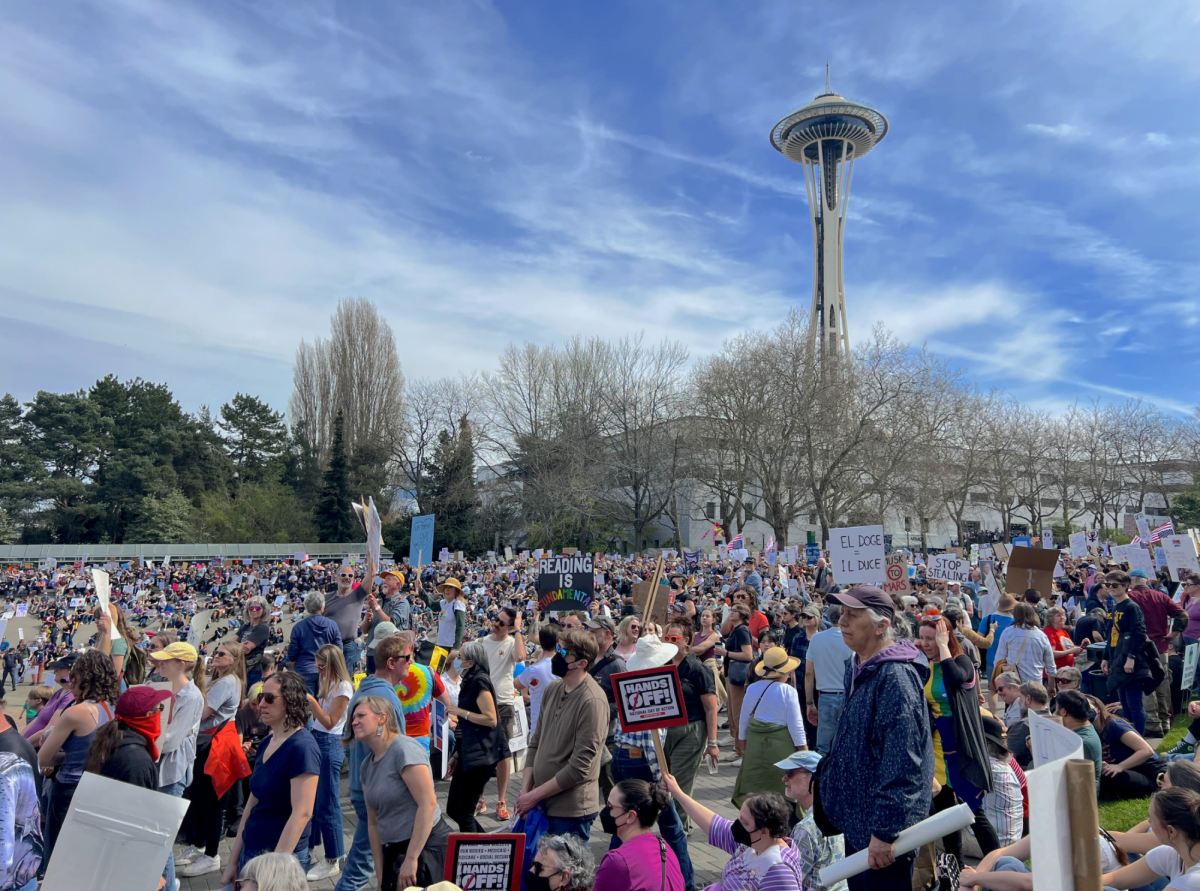In a few months, 21 people will be going to court and suing the federal government for violating their constitutional rights. One of whom is Kiran Oommen, junior sociology major.
In this landmark case, the plaintiffs will attempt to force the state and federal government to take accountability for imposing on the public’s good health with current energy policies and carbon emissions that contribute to climate change.
Oommen likes nature, playing Anarcho-Punk music, working with grassroots organizations and organizing community movements. And on Oct. 21, Oommen and 20 other plaintiffs ranging in age from 10 to 22 will be heard in court in Eugene, Ore.. The case, Juliana vs. U.S. has been pending since 2015, but Oommen feels that this time the court will finally hear the trial.
“After all of these hearings we have had, and being so successful every time, we are pretty certain we are going to trial,” Oommen said. “That’s not really a question, it’s just how long they stall, and they are running out of ways to stall.”
The age of the plaintiffs is a factor that Tayyab Mahmud, Seattle U Law professor and Director of the Center for Global Justice, thinks will help the case move forward.
“I think there is a certain receptivity to when a movement comes from the young,” Mahmud said. He went on to say that law is responsive to development within a society, and pushes for justice such as this case are necessary to get generally slow moving laws moving.
“It’s like gender discrimination, sexual harassment, 50 or 100 years ago nobody would even register these issues and today they are on the front burner, and I think the environmental question has had a similar kind of history,” Mahmud said.
The plaintiffs are basing their claim on Fifth Amendment clauses that protect against state created danger and discrimination against youth and that guarantee the fundamental rights to life, liberty, and property. Another legal backing the group is utilizing the Public Trust Doctrine. This document talks about the idea that the government has the responsibility to protect public resources that are necessary to the people living in that country.
“Historically, that has just meant water and land because that has been what humans have had the ability to destroy,” Oommen said. “But now, we are saying that air should be a part of that.”
Oomen is not the only student at Seattle University who is concerned about environmental issues. Groups like Students for Sustainable Action (SSA) have been gaining more attention from the administration lately for their thoughts on divestment. In a more localized version of Oommen’s stance against the U.S. Government, members of SSA are standing up against the university’s current plan to divest 50 percent from the Fossil Fuel Industry by 2020.
“It’s not as good as they could be doing and it’s not as fast as they should be doing it,” said Junior Sociology and Public Affairs double major Molly Mattingly. She is a member of SSA and says that the group wants the university to fully divest from the fossil fuel industry.
“We shouldn’t be profiting from other people’s pain and harm, and benefiting from environmental racism,” Mattingly said.
Environmental racism is a topic that is important to members of SSA, and they strive to take an intersectional approach in their campaigns and efforts for sustainability. “Something that I really like about environmental justice is that it is very intersectional and takes into account a lot of different social problems,” Sierra Suafoa-McClain, a junior Business Management major and member of SSA said.
Among the similarities between Oommen, Mattingly and Suafoa-McClain is a valuation of the importance of building community. All three feel that it is important that students and young people get involved and speak up for what they believe in while creating inclusive community.
“The best work I’ve seen, the best art I’ve seen made, the best music I’ve heard, and the best organizing I’ve seen is from people who are so passionate about what they are doing that they have this unending energy,” Oommen said. He is currently putting energy into the court case in hopes of creating a better future for fellow youth.
“This case in particular has opened up this world to me that law can be used in a lot of different ways to promote social change,” Oommen said.
“I think you need to find what you’re passionate about and go with that”, Oommen said. “ If you’re truly passionate about it, it will make the world a better place. I am passionate about nature and people and music and the more I invest time and energy into that, the more the world looks better to me.”
Bailee may be reached at
bclark@su-spectator.com







